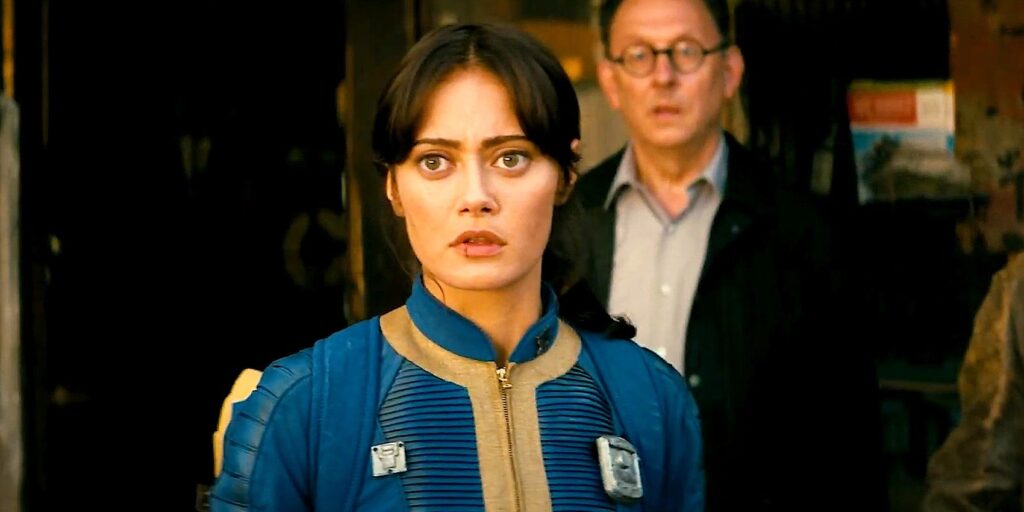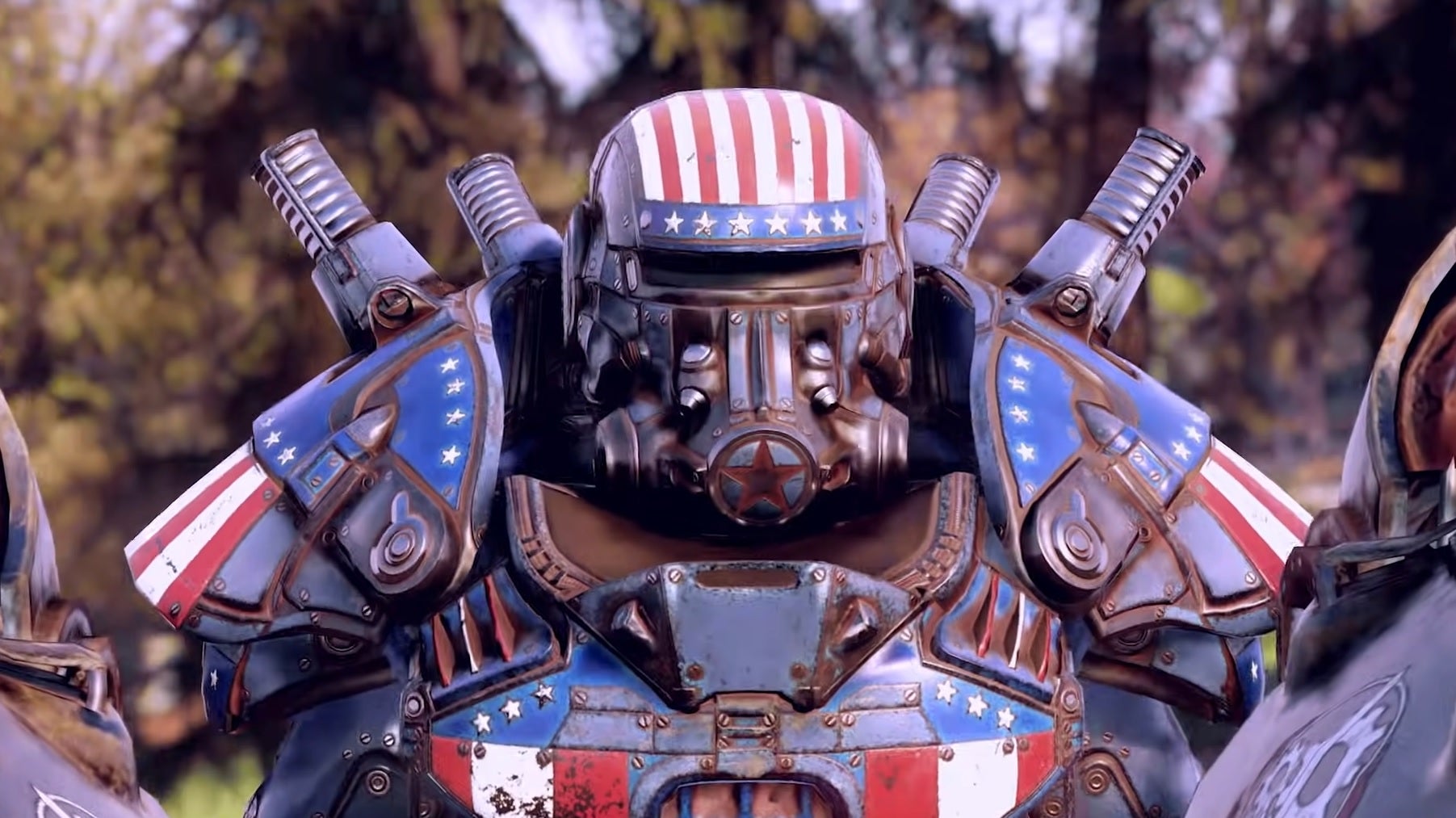The anticipation for the Fallout TV show is reaching a fever pitch, and fans are buzzing with excitement about what this new adaptation will bring.
The video game series has captured the hearts of players for years, but could the show surpass the experience found in the games? Let’s dive into five compelling reasons why the Fallout TV show, with its unique horror flavor, has the potential to outshine its predecessor.
1. A Deeper Narrative Exploration
While the Fallout games present gripping storylines, they often require players to piece together the narrative through scattered notes and dialogue options. The television adaptation can provide a more cohesive and immersive tale, allowing for deeper character development and emotional arcs.
Imagine the intensity of a character facing the apocalypse’s horrors on-screen, complete with nuanced backstories and motivations that simply can’t be explored in a game. This will be a chance for storytelling to take center stage.
Rich Story Arcs
The opportunity for intricate plot twists, character relationships, and themes of survival will paint a vivid picture of life after the bomb. Each episode can unravel a new facet of the wasteland — tailored to elicit both empathy and excitement. How will the characters cope with loss, betrayal, and the monstrous horrors that lurk in the ruins? These themes can translate into an emotionally gripping experience.
2. Engaging Horror Elements
One thing that stands out in the Fallout universe is the pervasive sense of dread and decay. By introducing horror elements, the show can heighten these feelings, creating a gripping experience.
The presence of terrifying mutated creatures and atmospheric settings can be ramped up, delivering frightful moments that will keep viewers on the edge of their seats.
Unseen Terrors
Unlike the games, where players can shoot first and ask questions later, the show can establish tension through impending doom. The audience will have no control over the fate of the characters, making those chilling moments unforgettable.

What lurks in the shadows? How far can the human spirit go when faced with the unimaginable? These questions will set the stage for a spine-chilling experience that could never be fully explored in a game format.
3. Visual and Auditory Spectacle
Television offers stunning visuals and the capacity for dramatic sound design that games simply can’t replicate. Just picture the haunting sound of distant raiders approaching, or the desolate yet beautiful landscapes that will come alive on-screen.
A well-crafted soundscape and cinematography can elevate story moments and immerse the audience further into the Fallout world.
Cinematic Storytelling
The blend of sight and sound allows for one of the most immersive storytelling techniques. Each visual cue, paired with background music or unsettling sound effects, can pull viewers deeper into the unsettling reality of post-apocalyptic survival.
4. Expanded Universe Opportunities
The Fallout universe is vast and rich with lore. A television series allows creators to delve into various timelines and locations, exploring storylines that might have been sidelined in the games.
Exploring the intricacies of different factions and their conflicts will not only be entertaining but will add layers to the overall narrative.
Spin-off Potential
With multiple characters, settings, and potential future crossovers, the opportunities for spin-offs could allow the series to expand further, much like what we’ve seen with many other successful franchises.
The interconnected tales will have fans buzzing, eager for more content long after episodes air.
5. Community Engagement and Theories
The Fallout gaming community thrives on theories and speculation about lore. A TV series enhances this engagement, inviting fans to dissect each episode, analyze character motivations, and predict the next twists. This interactive dimension encourages an active viewer experience.
Cultural Phenomenon
As theories evolve, fan community discussions can give rise to fan art, cosplay, and lively online discourse. This engagement could create a cultural phenomenon surrounding the show that re-energizes interest in the franchise as a whole.
In conclusion, the Fallout TV show has the potential to elevate the franchise beyond the games, presenting a multifaceted narrative enriched with horror elements, stunning visuals, and deeper engagement with the community. If you’re a fan of the series—or even just dipping your toes into the wasteland—this show is poised to be an exhilarating ride.
FAQs
1. When is the Fallout TV show expected to premiere?
The exact premiere date is yet to be announced, but enthusiasts can expect more updates from the production team soon.
2. Will the show follow any specific game storyline?
While some elements may be inspired by the games, the show is expected to carve its own narrative path.
3. Who are the main characters in the Fallout TV show?
Casting details are still emerging, but fans can expect a mix of original characters and familiar faces from the lore.
4. Is the show suitable for all audiences?
Given its horror elements, the show may contain mature themes that may not be suitable for younger audiences.
5. Will there be tie-ins to the games?
While the show aims to stand alone, it will likely reference game lore for fans to enjoy, creating an enriched experience.

